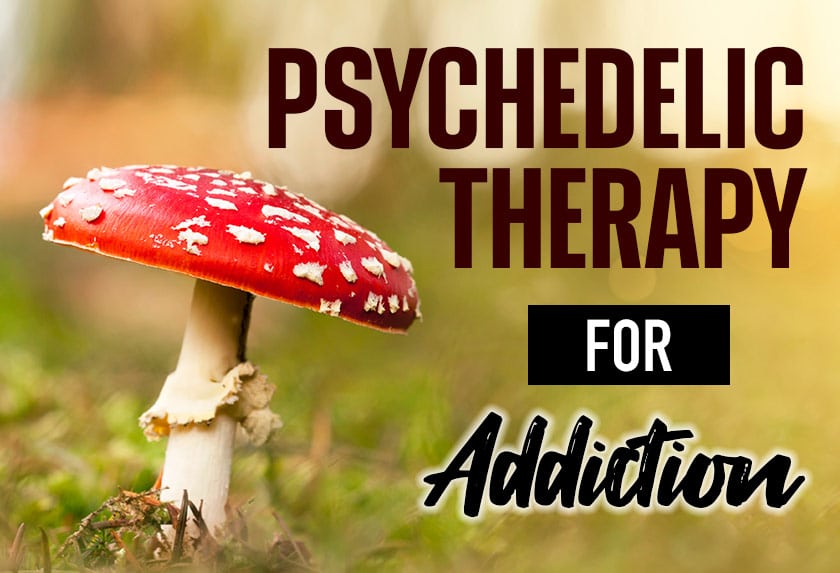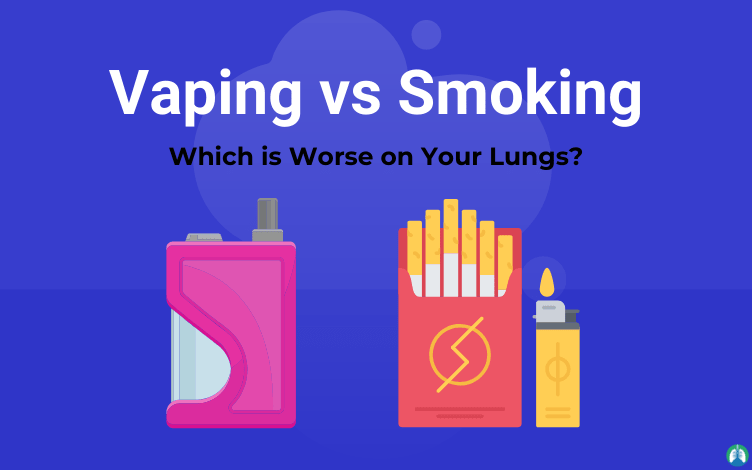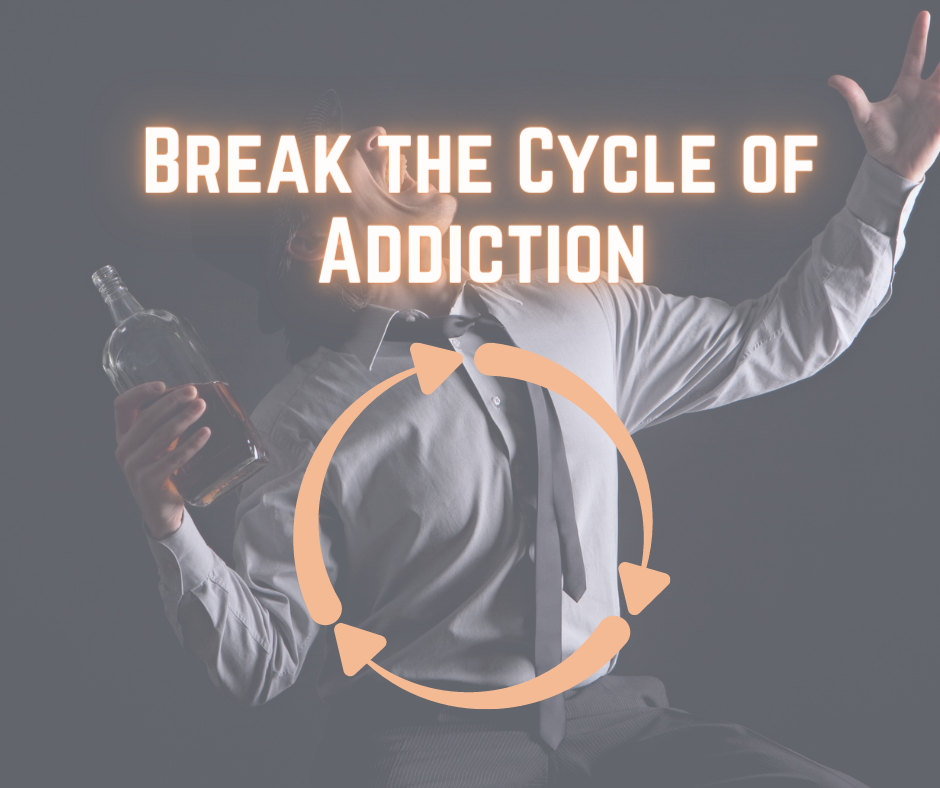Recovery Treatments for Women
Recovery for women often starts with putting down the bottle, but real healing sometimes happens beyond traditional talk therapy or 12-step meetings. There’s a whole world of alternative treatments out there that can help build confidence, reduce cravings, and support long-term change. These treatments go beyond managing symptoms; they allow women to reconnect with their … Read more









